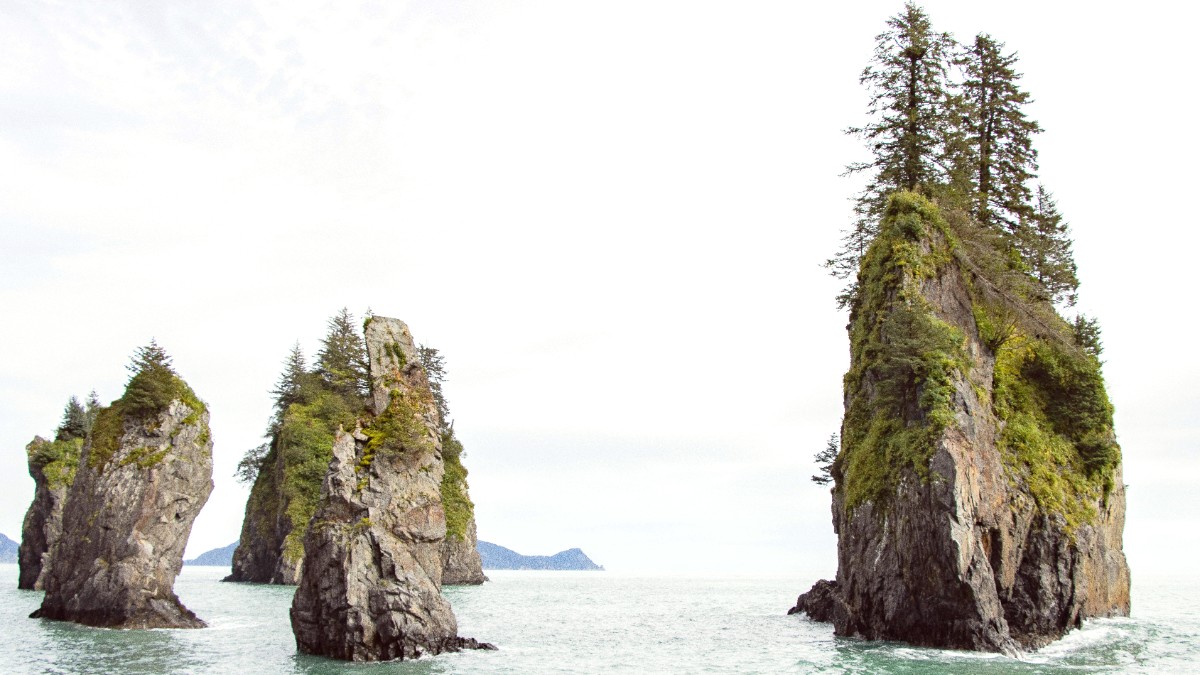
Alaska, USA
The region holds vast national wildlife refuges (Yukon Delta, Togiak, Alaska Maritime) and the Bering Land Bridge National Preserve.
Many remote communities face challenges with waste disposal; recycling facilities are rare.
Fresh, clean drinking water can be a challenge in some communities. Respect local resources.
Practice Leave No Trace principles to preserve this unique environment.
Minimize the amount of trash you generate.
For any wilderness excursions, carry out all your trash.
Look for lodges or tour operators emphasizing sustainable practices.
Support organizations like Audubon Alaska or The Nature Conservancy in Alaska.
Consider eco-friendly accommodation like Ecobnb and ethical tour operators like G Adventures. Your choices shape the future of this unique region.
Approaching interactions with respect and sensitivity is a main consideration.
Support local Alaska Native cultural centers, museums, and language programs.
Be mindful of privacy. Do not photograph ceremonies or private moments without explicit consent.
Responsible travel makes certain economic benefits directly support local communities.
Prioritize authentic Alaska Native art and crafts from local outlets. Look for "Silver Hand" or "Made in Alaska" tags.
If you wish to donate, do so through established local non-profits, tribal councils, or community organizations.
This makes certain donations are used effectively.
Donations support community development and social programs.
Research organizations to make certain your donation supports a cause you believe in.
Your choices make a difference in local livelihoods. Be wary of tours promising intrusive cultural encounters. Research operators carefully.